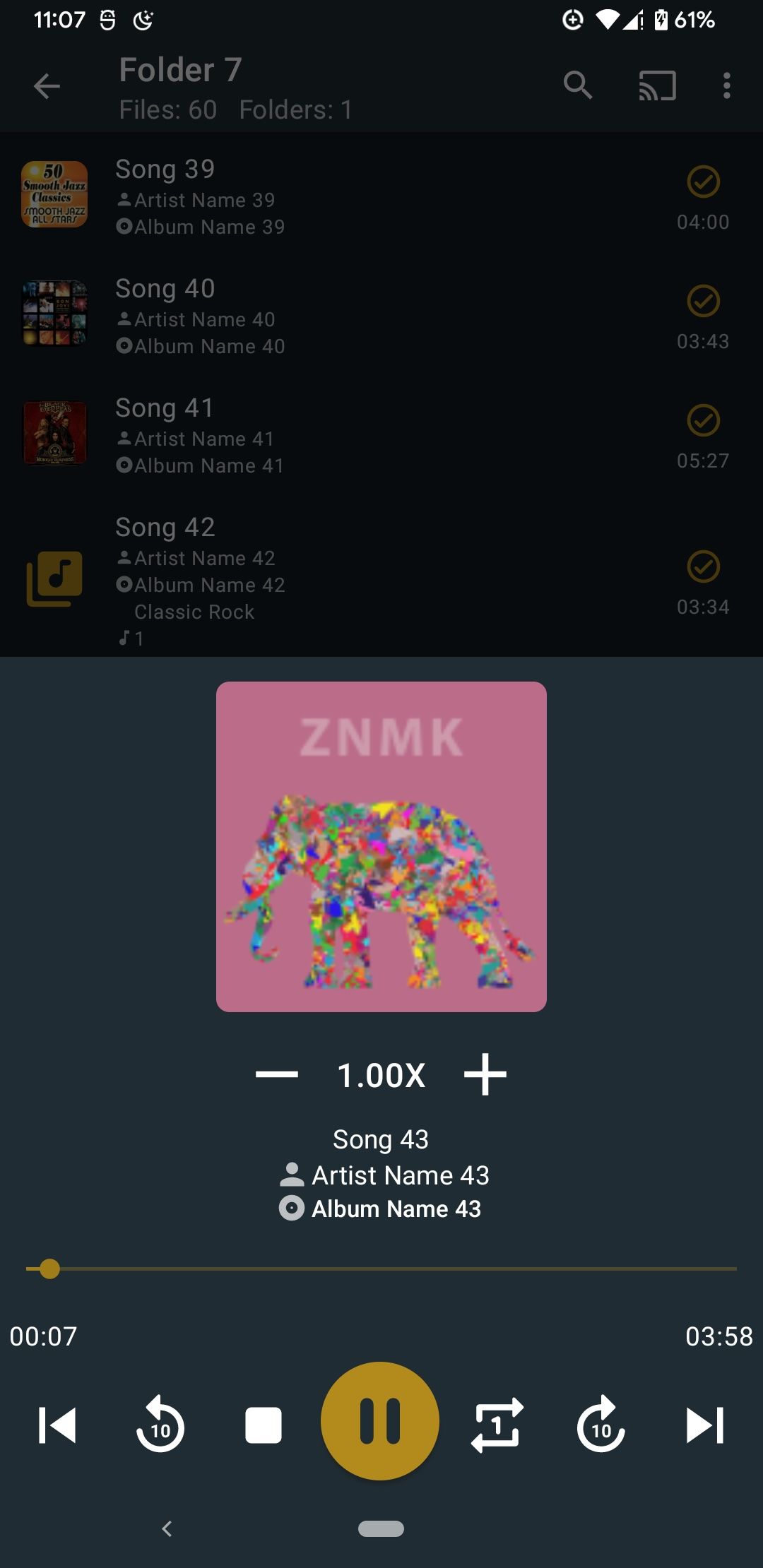In the decade of the 2010s, after Facebook became mainstream, social became a building block for websites. A lot of websites added a concept of user profiles consisting of a name, a display picture, a profile description, and the ability to see/follow the activity stream of other users. Slowly, this became the standard expectation.
ChatGPT will have a similar impact. More and more users will get used to asking questions in natural language. Eventually, all the FAQ and knowledge-base articles would be replaced with a single box where users will ask a question in their preferred natural language. And then even the idea of actions would switch over to that one box, that users can use to navigate around and perform actions in the web applications.
...

